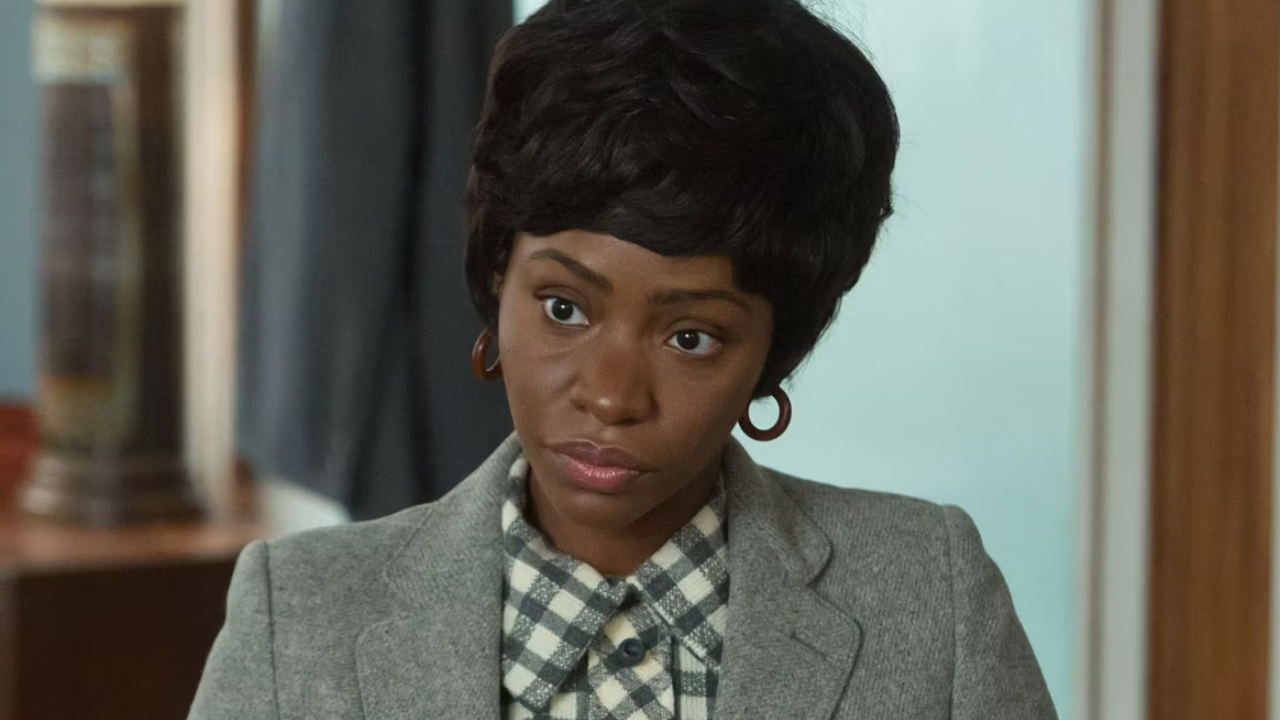
Over the last several decades, the critical view of television has changed from being a lesser, more mass produced art form, not on the level of movies, to being the place for some of the most creative and progressive content being produced. Much of that collective reappraisal is due to HBO. In the late '90s and early 2000s, the premium cable company poured money into original productions like The Sopranos, Sex And The City, The Wire, Six Feet Under and more.
As the awards, critical praise, positive fan feedback and subscriptions poured in, more TV networks started taking chances on difficult and complicated subject matter and shelling out to attract major stars. HBO still remains arguably the most famous and successful prestige TV network, but over the last few decades, tons of other networks have taken their chances with riskier and complicated shows. Many of those chances have paid off too.
Here’s a look at some really famous and really successful prestige TV shows that didn’t air on HBO but likely took some level of inspiration from the path the network blazed.
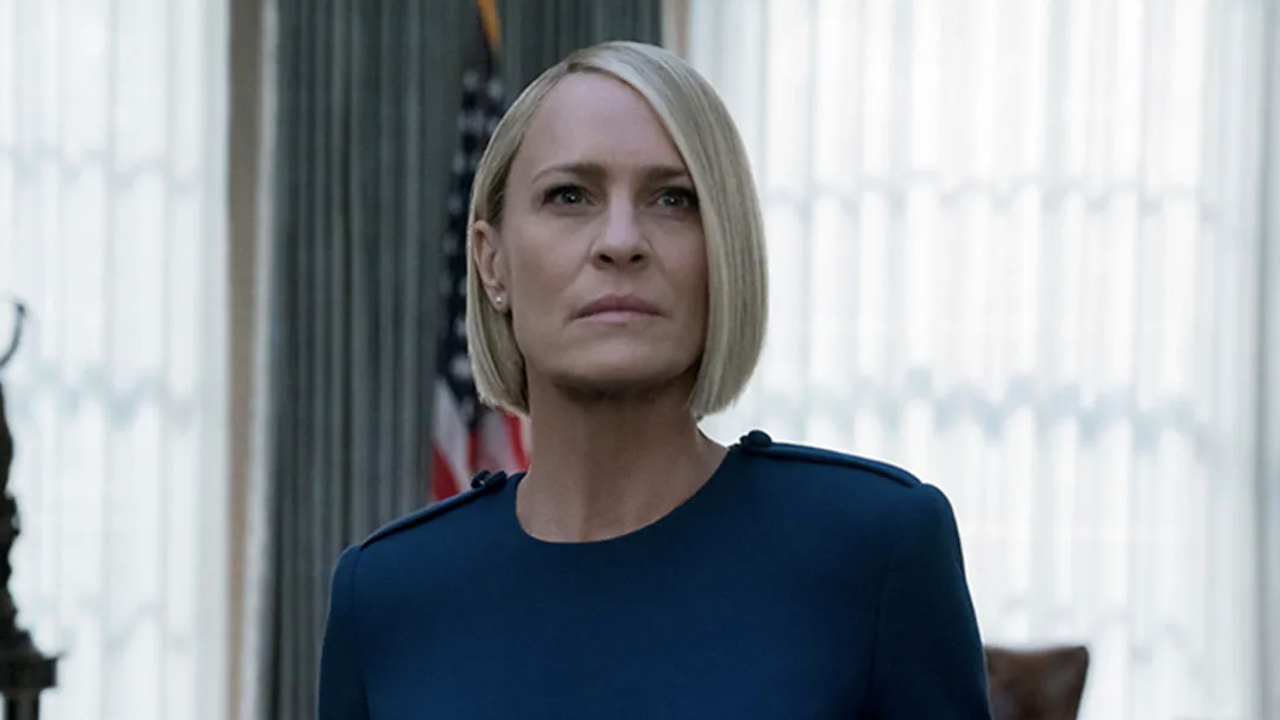
House Of Cards (Netflix)
Few shows in the history of television have upended the entire industry more than House Of Cards. The political drama was the first major original production from Netflix, and the reviews were overwhelmingly positive. Emmy nominations in all the major categories helped create a ton of word of mouth, and within a few years, Netflix’s long-term strategy shifted from a focus on acquiring content to a focus on producing content.
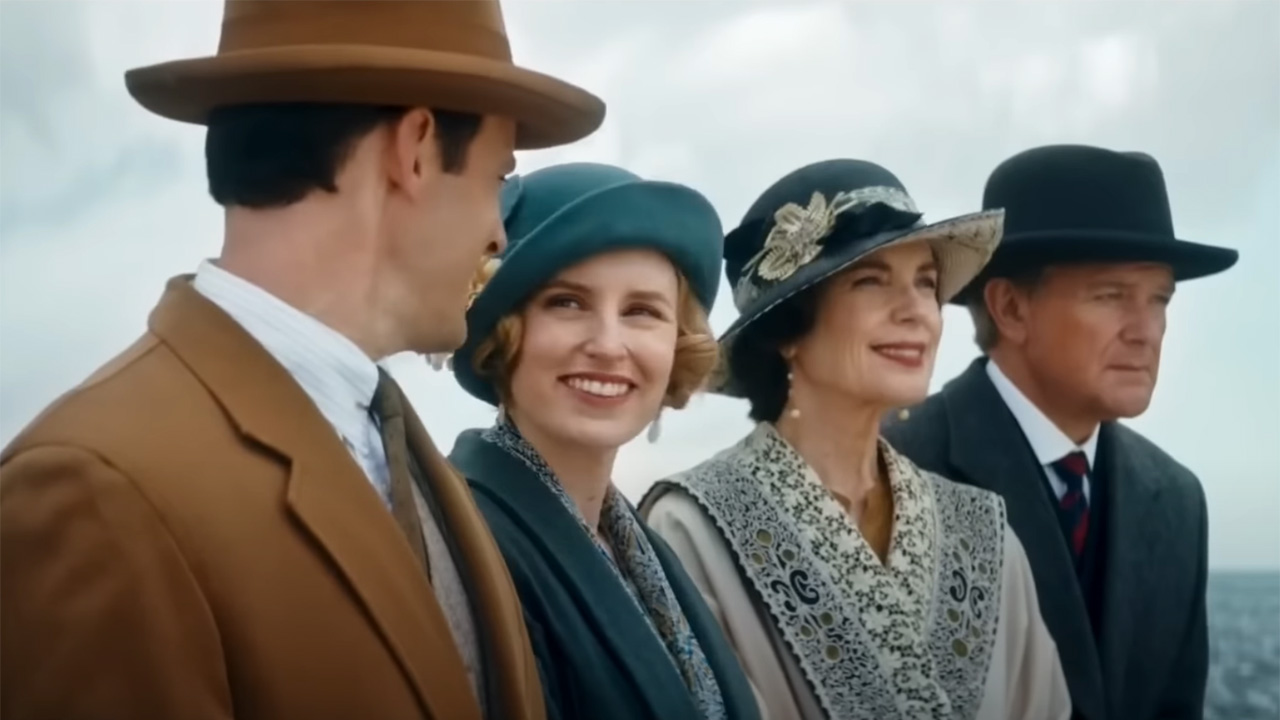
Downton Abbey (ITV/ PBS)
Every awards voter knows period piece family dramas set among the aristocracy can be major contenders for awards, but Downton Abbey proved just how popular they can be with a broad audience too. The sprawling historical drama found huge popularity in both Britain and The United States, ultimately producing six seasons and multiple movies, and yes, of course, it won plenty of awards too.
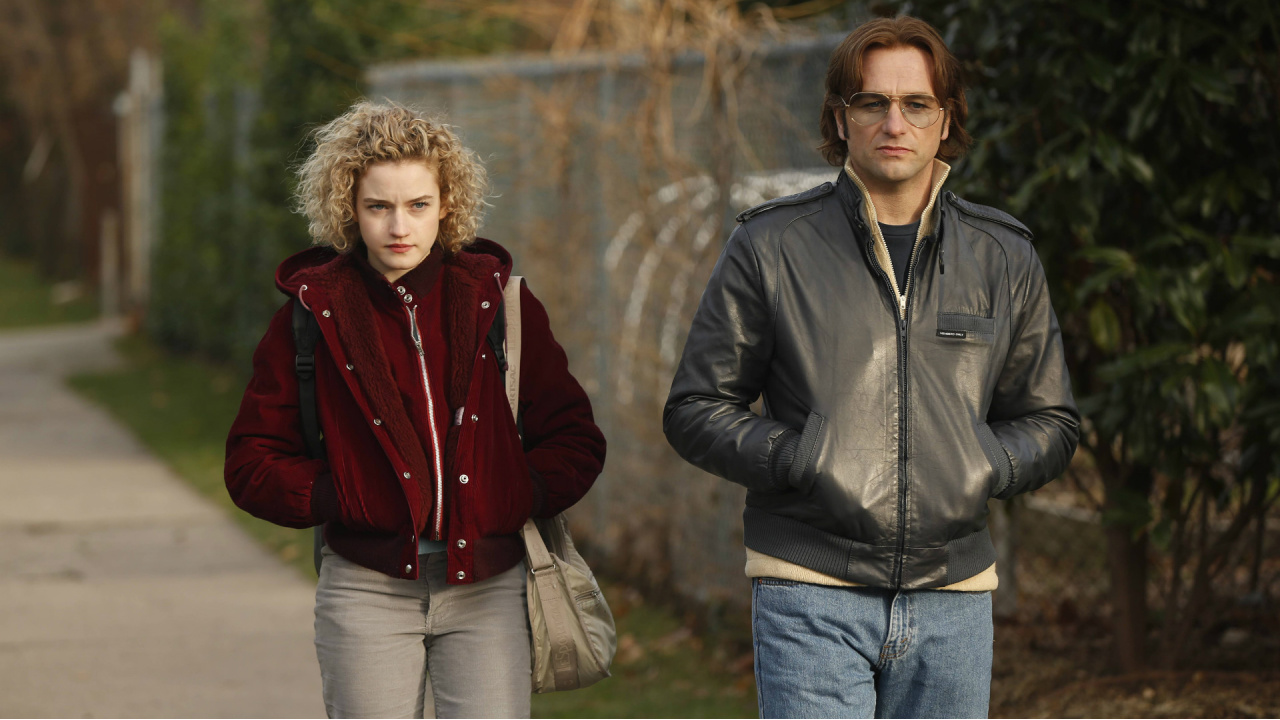
The Americans (FX)
One of my personal favorite shows on this entire list, The Americans was a bit of a slow build. Its first season got very solid ratings and a few nominations, but within a few seasons, the spy drama about a Russian family pretending to be Americans was attracting huge Metacritic scores and picking up Emmy nominations in all the major categories for both the show itself and its brilliant lead actors Keri Russell and Matthew Rhys.
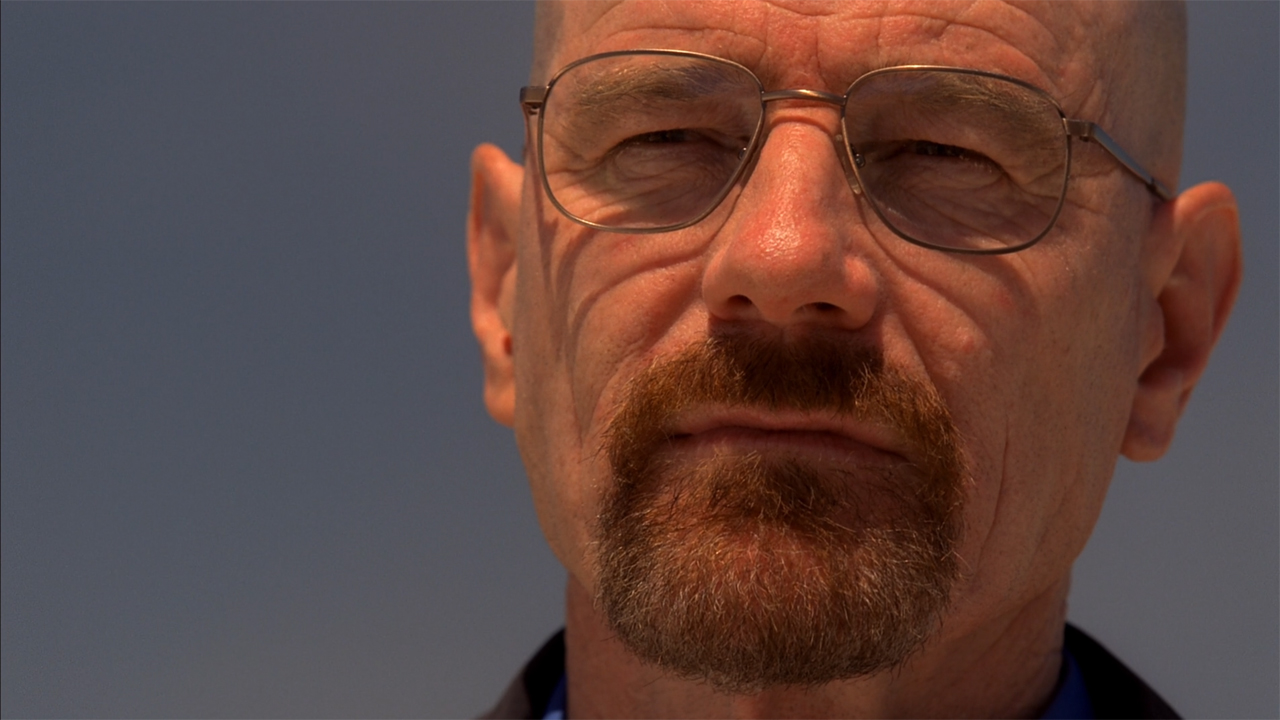
Breaking Bad (AMC)
Widely considered to be one of the greatest shows of all-time, Breaking Bad may not have been on premium cable, but its subject matter was every bit as uncomfortable and morally complicated as anything found elsewhere. By the end of its incredible five-season run, the show had won two Emmys for Outstanding Drama, as well as acting Emmys for three of its primary actors and nominations for two more.
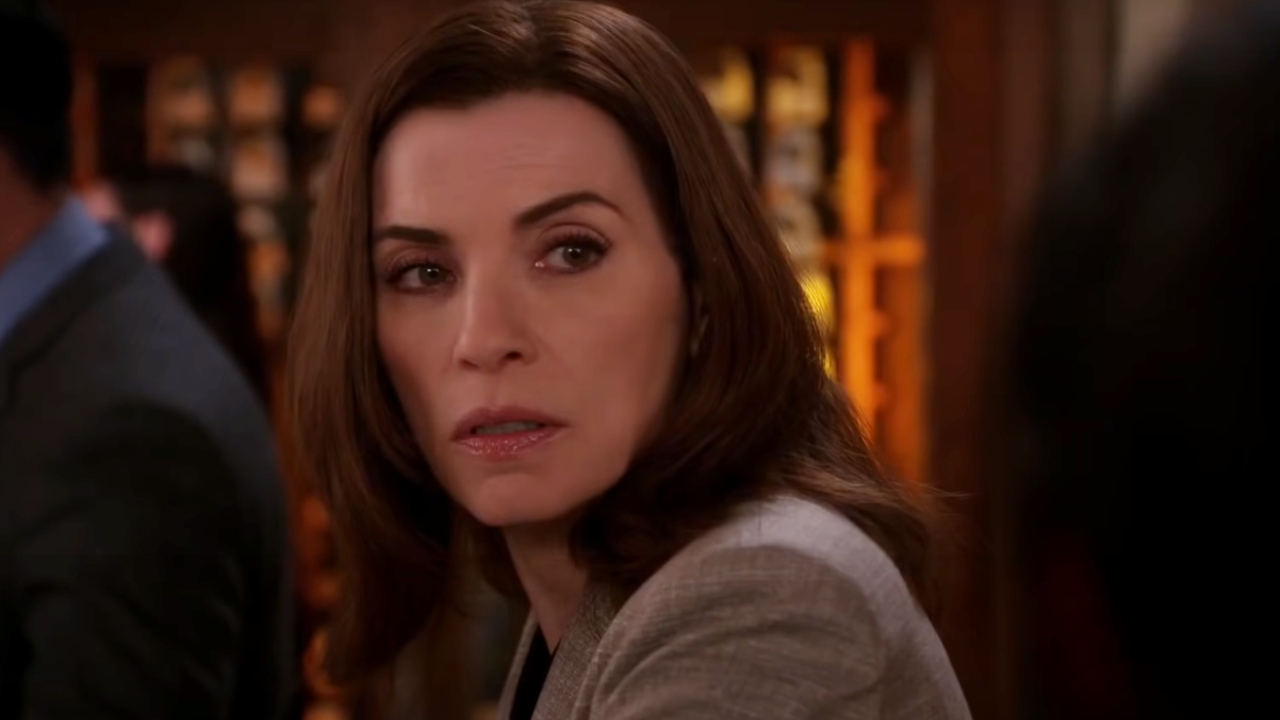
The Good Wife (CBS)
Prestige TV shows typically have shorter seasons. Maintaining the highest quality over ten episodes is a lot easier than doing it over the twenty-plus network TV typically requires, but The Good Wife was able to maintain high quality thanks to really tight scripts that perfectly blended courtroom case-of-the-week style procedural elements with real character development. Great acting performances also helped, as its actors were collectively nominated an astounding thirty times at The Emmys over just six seasons.
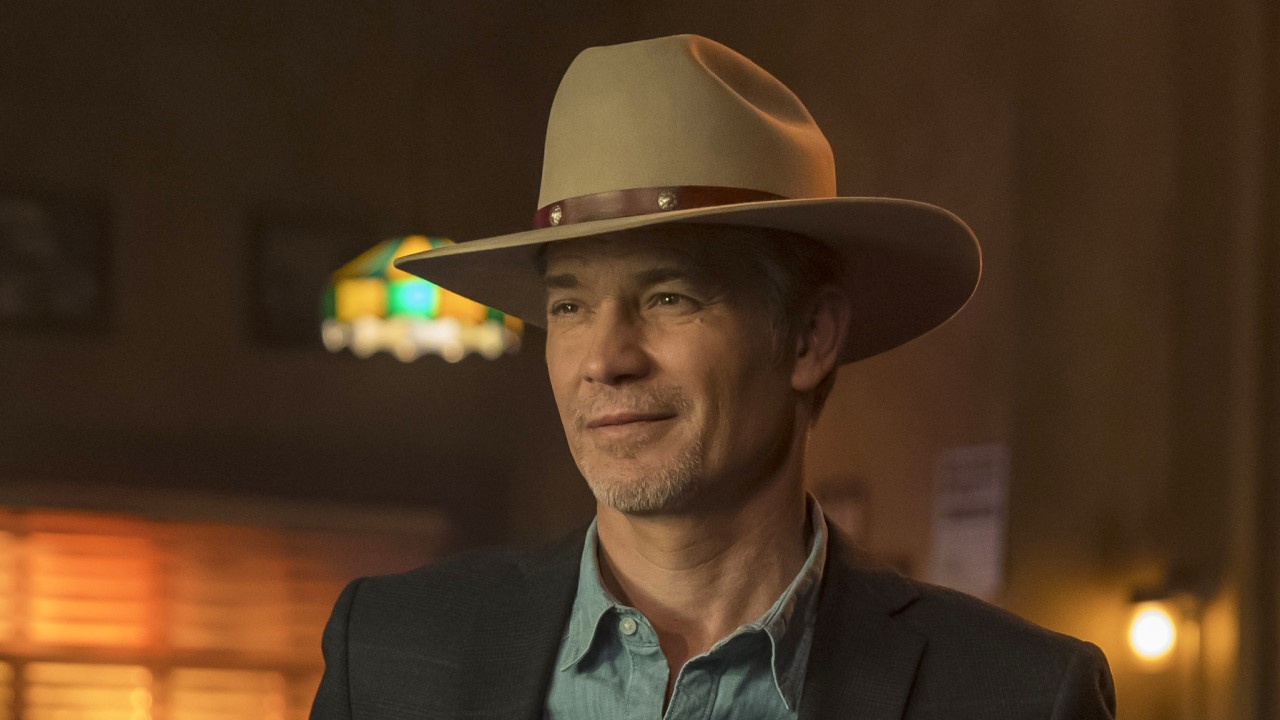
Justified (FX)
Prestige TV shows are most often classified by the number of awards they won, but sometimes it’s about elevating a genre and having an original vision. That’s the case with Justified. It had eight Emmy nominations (and two wins for Margo Martindale and Jeremy Davies), but it’s here mostly because of how much life and originality it brought to the crime genre. It slowly evolved past being a procedural and into a carefully plotted linear story featuring a holler of fascinating backwoods personalities.
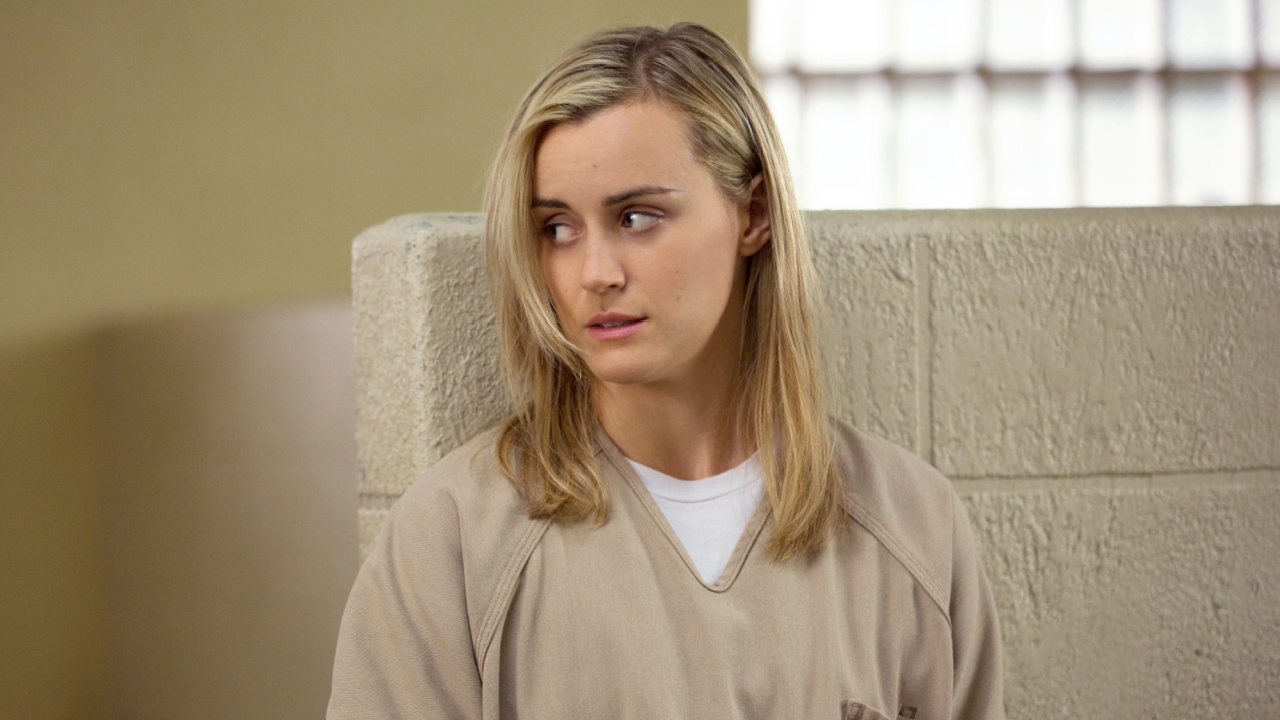
Orange Is The New Black (Netflix)
Whether awards voters were asked to call it a comedy or a drama, Orange Is The New Black found a very large and very passionate fanbase with its unique blend of prison shenanigans and societal commentary. It also helped prove Netflix was going to be a long-term threat for prestige television awards long after House Of Cards was gone.
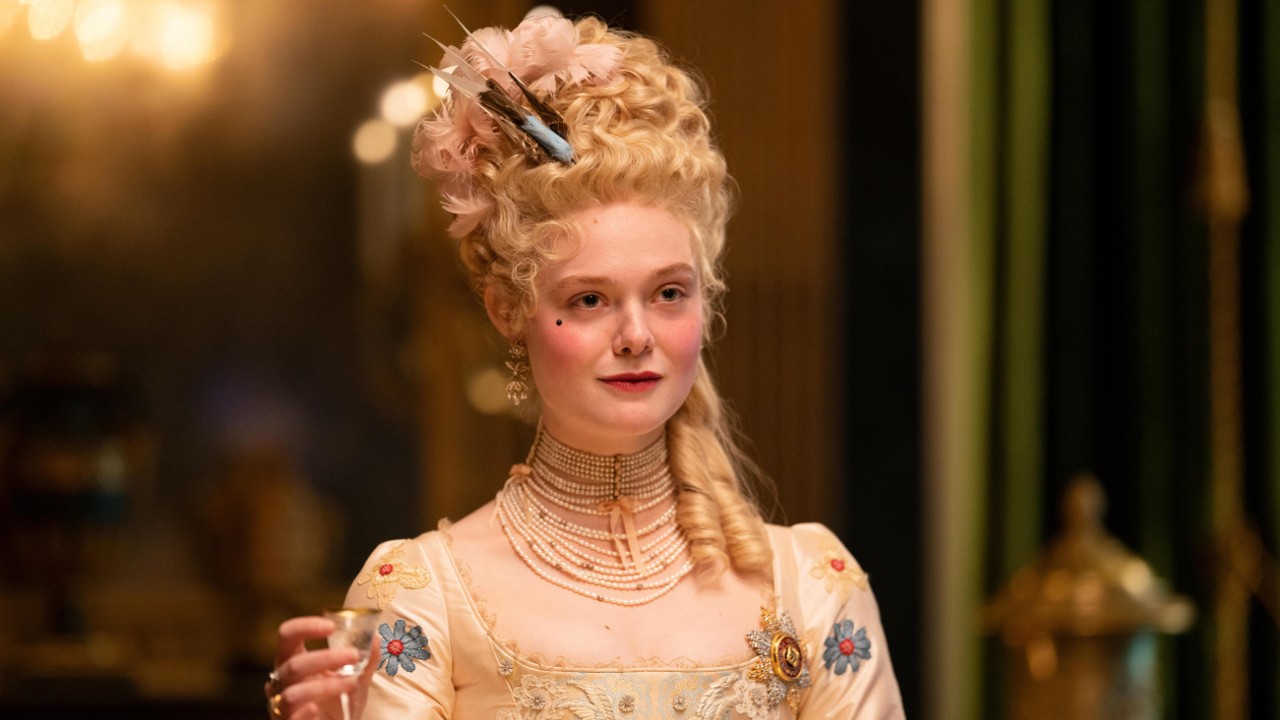
The Great (Hulu)
The Great is maybe the most outlandish show I have ever watched and this comes from someone that’s watched Twin Peaks multiple times. There was no line this show wouldn’t cross, but with a filthy wit, it was able to ride the line between stupid and clever and rewrite the history of Catherine The Great And Peter III’s relationship in a really fascinating way. Reviews were great, and by the end, the lead actors were getting recognized for huge awards.

Lost (ABC)
I’m not sure there will be a single entry on this list that’s more divisive than Lost. The show, which Wikipedia calls a science fiction adventure drama, lost the patience of a percentage of its audience by the end, but it’s impossible to deny just how hooked millions were there for awhile. And with good reason. It got fifty-four Emmy nominations during its run and many are still discovering its joys on streaming.
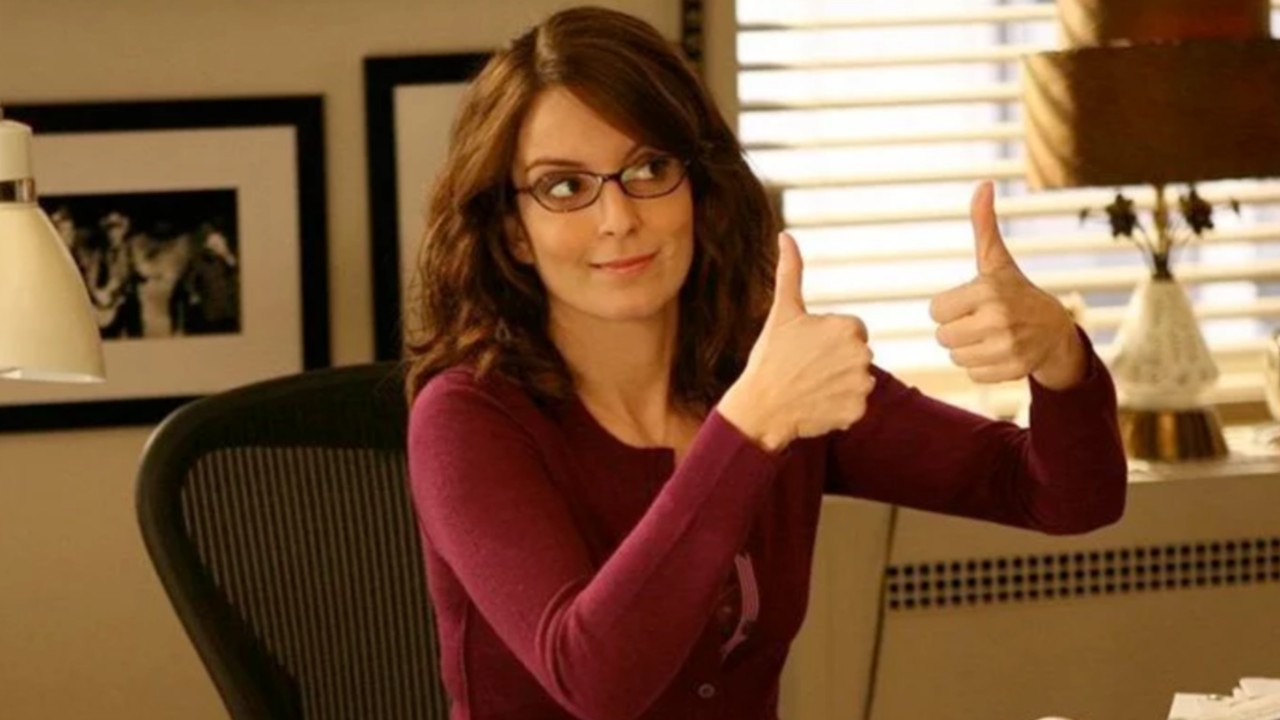
30 Rock (NBC)
The bar is a lot higher for a comedy to be considered Prestige television, but there are few comedies in the history of television more praised and widely respected than 30 Rock. The hysterical take on the backstage politics behind making a TV show won Outstanding Comedy at the Emmys three times and in later seasons, attracted some of the biggest stars in the world for multi-episode guest spots.
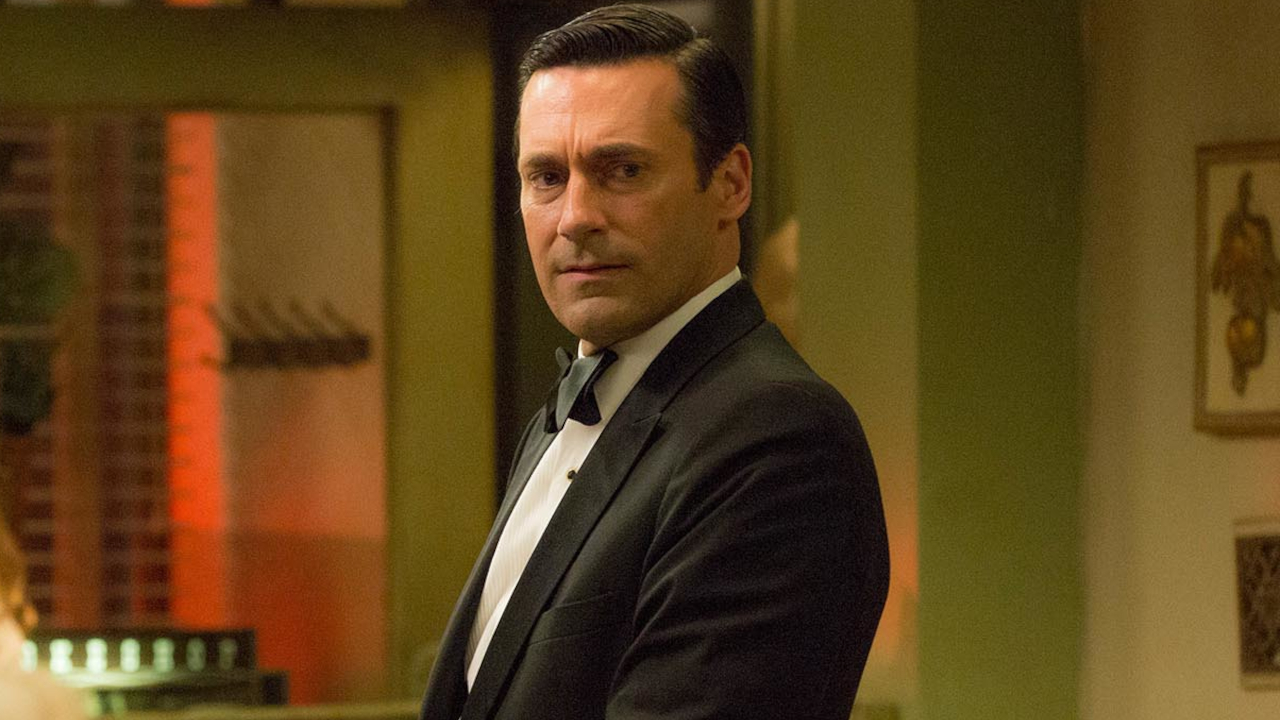
Mad Men (AMC)
Apart from the fact that it’s utterly fantastic, Mad Men is one of the most important TV shows of the last few decades because it conclusively proved literally any network had the ability to create one of the buzziest, most acclaimed series on television, including AMC which launched Mad Men as its first original program. It also turned Jon Hamm into a huge star, and shined a light on many members of its talented supporting cast.
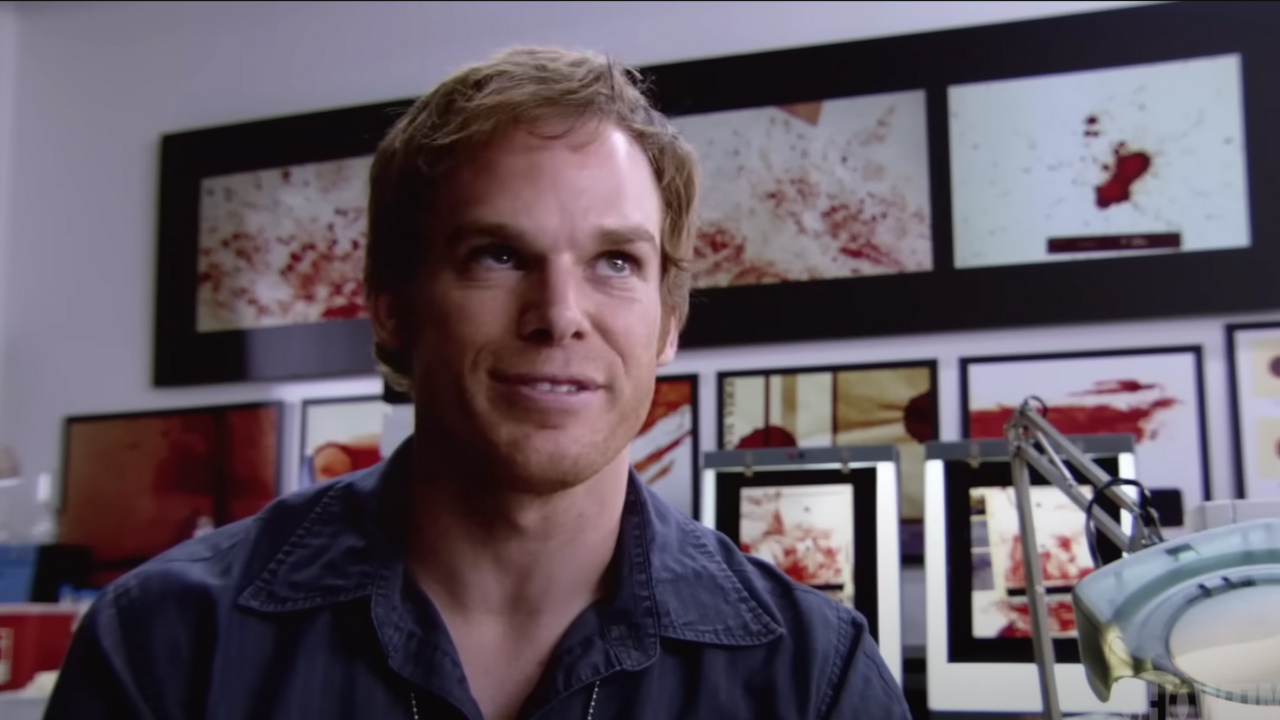
Dexter (Showtime)
Yeah, I know Dexter was inconsistent during its run, but man, was that Dark Passenger fun to ride around with when it was good. Showtime’s drama about a serial killer who tried to live by a moral code netted its primary actor, Michael C Hall, five well-earned Emmy nominations for Outstanding Lead and netted terrific vet John Lithgow a guest star Emmy win for his terrifying work in Season 4.
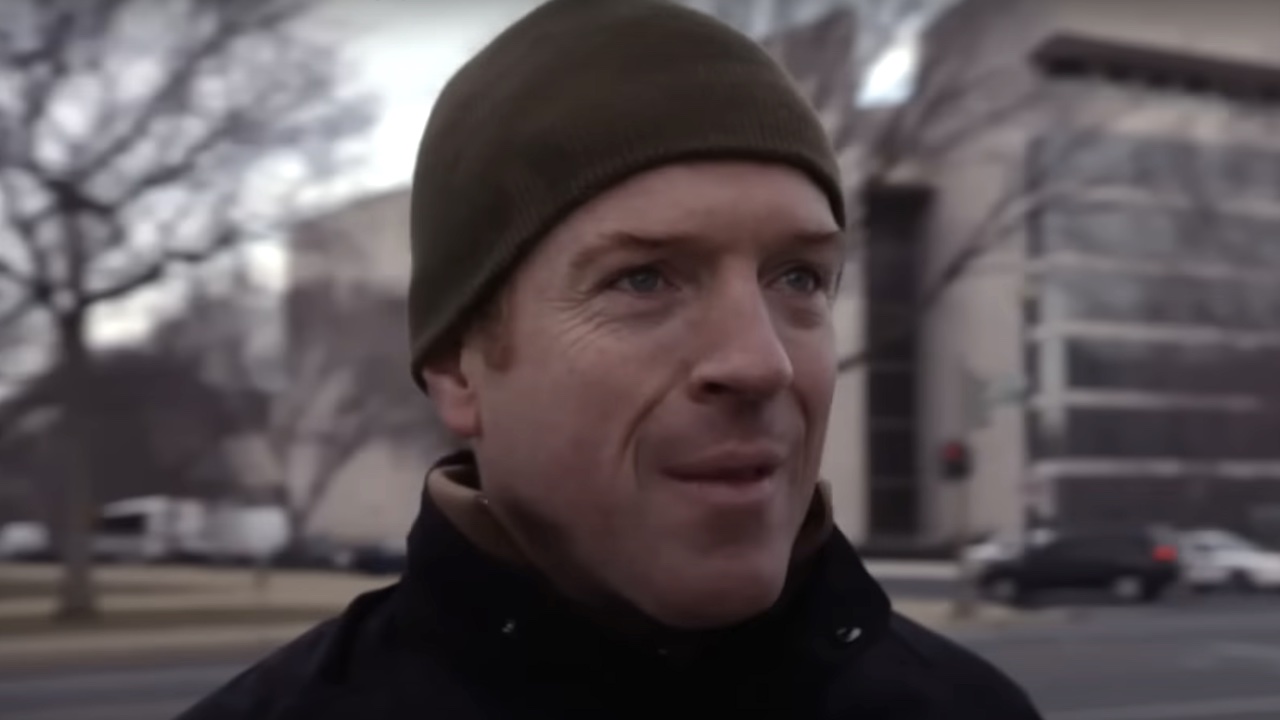
Homeland (Showtime)
Homeland didn’t have quite the universal acclaim in its later seasons, but there aren’t many shows in TV history that could match the universal acclaim of its early seasons. Its terrific first season won Outstanding Drama at The Emmys, as well as statues for its two lead actors Claire Danes and Damian Lewis. Altogether, it’s probably the most talked about and acclaimed series in Showtime history, and that’s huge praise given what else has been on that network.
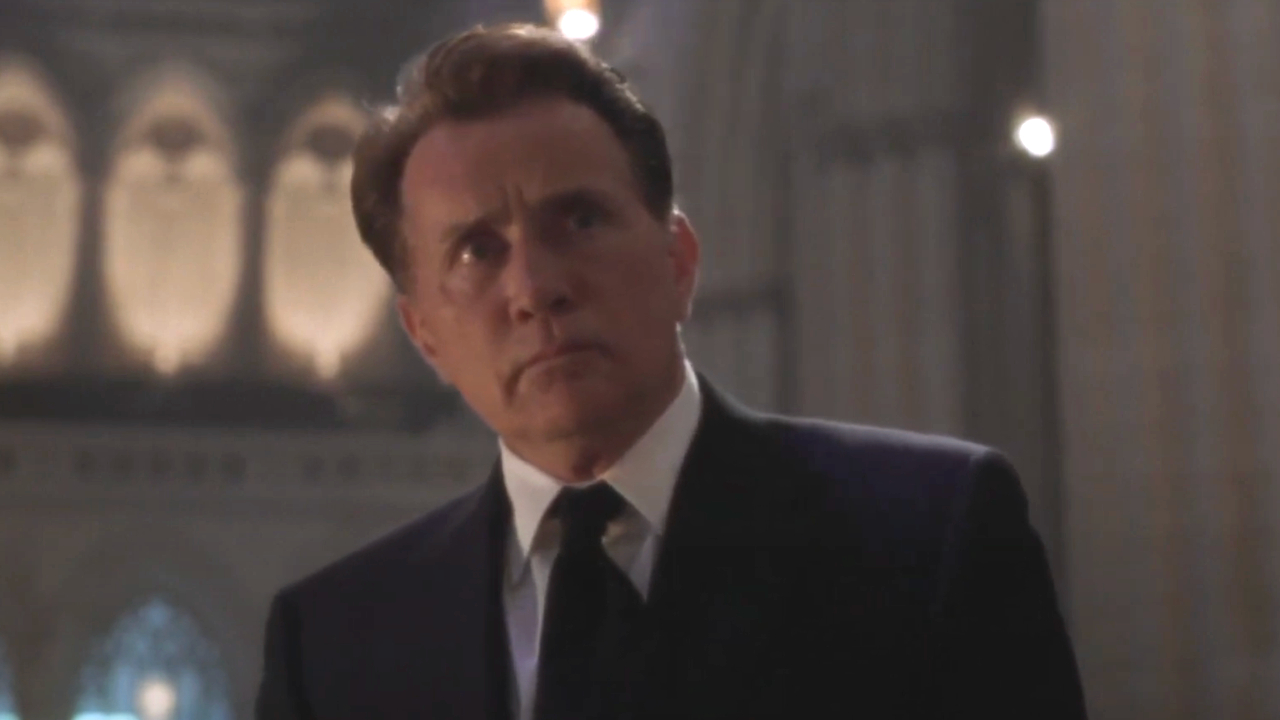
The West Wing (NBC)
The West Wing is perhaps a little more inside the box and network TV-ish than a lot of other entries on this list, but to me, that’s part of its appeal. It’s well put together enough to consistently provide payoff moments, but it’s good enough at what it’s doing that the formula rarely gets in the way. Voters agreed, as it nominated the show for an astounding ninety-eight Emmys.
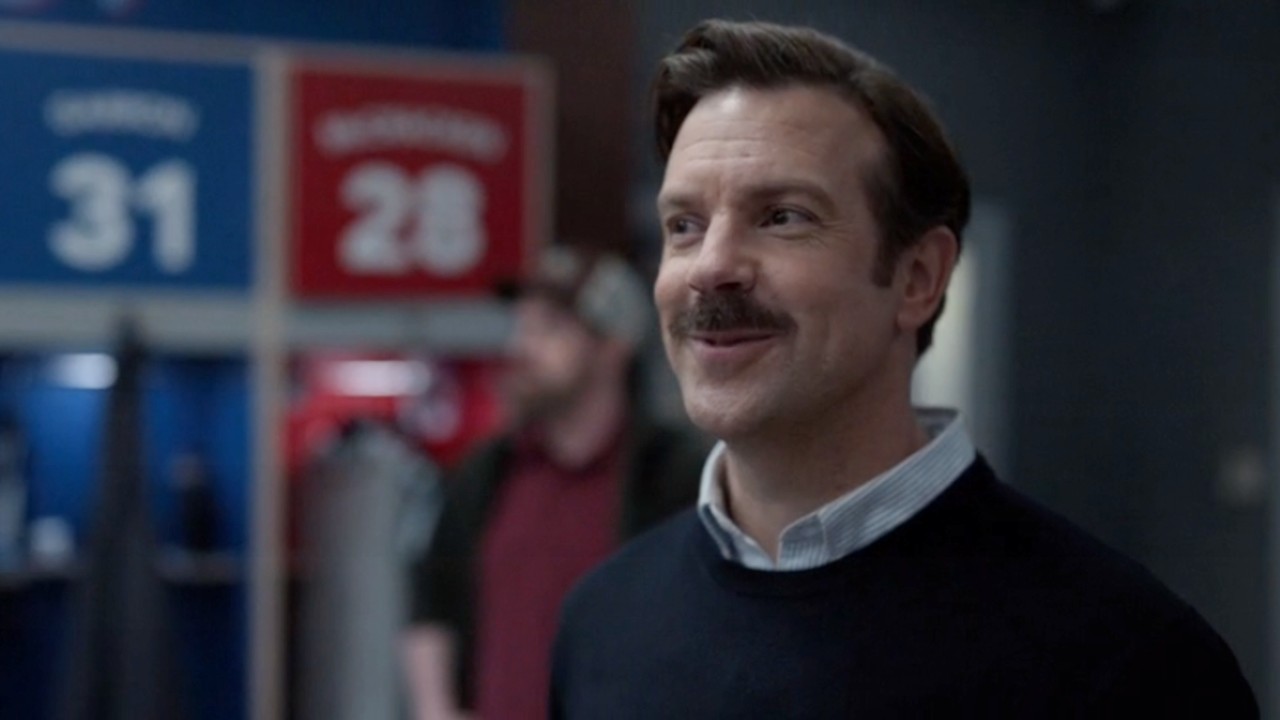
Ted Lasso (Apple+)
At its absolute best, Ted Lasso, the show but also, the person, has a way of making you feel so unreservedly happy. Before you realize it, you’re rooting for these characters more passionately and with more love in your heart than you ever knew was possible for a TV show. Critics, fans and awards voters all agreed too, as for awhile there, Ted Lasso became the most talked about thing on streaming.
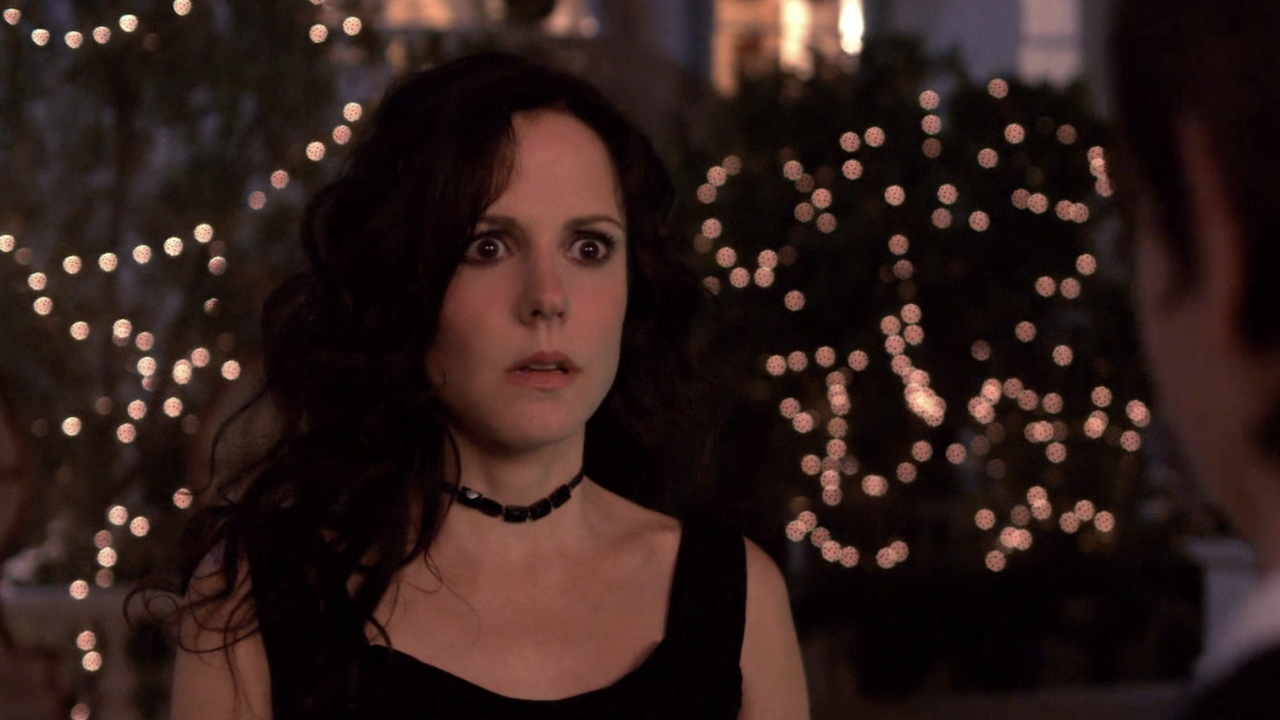
Weeds (Showtime)
Given it ran for eight seasons, Weeds is far from the most nominated show on this list. Some of its actors did well at The Emmys, but what’s really important long-term about the drug dealing dramedy is how it turned what could have been a goofy, throwaway premise of suburban mom turned drug dealer into sharply written material that explored many different emotions and tones. It was never content to remain the same, which is the opposite of what many comedies want.
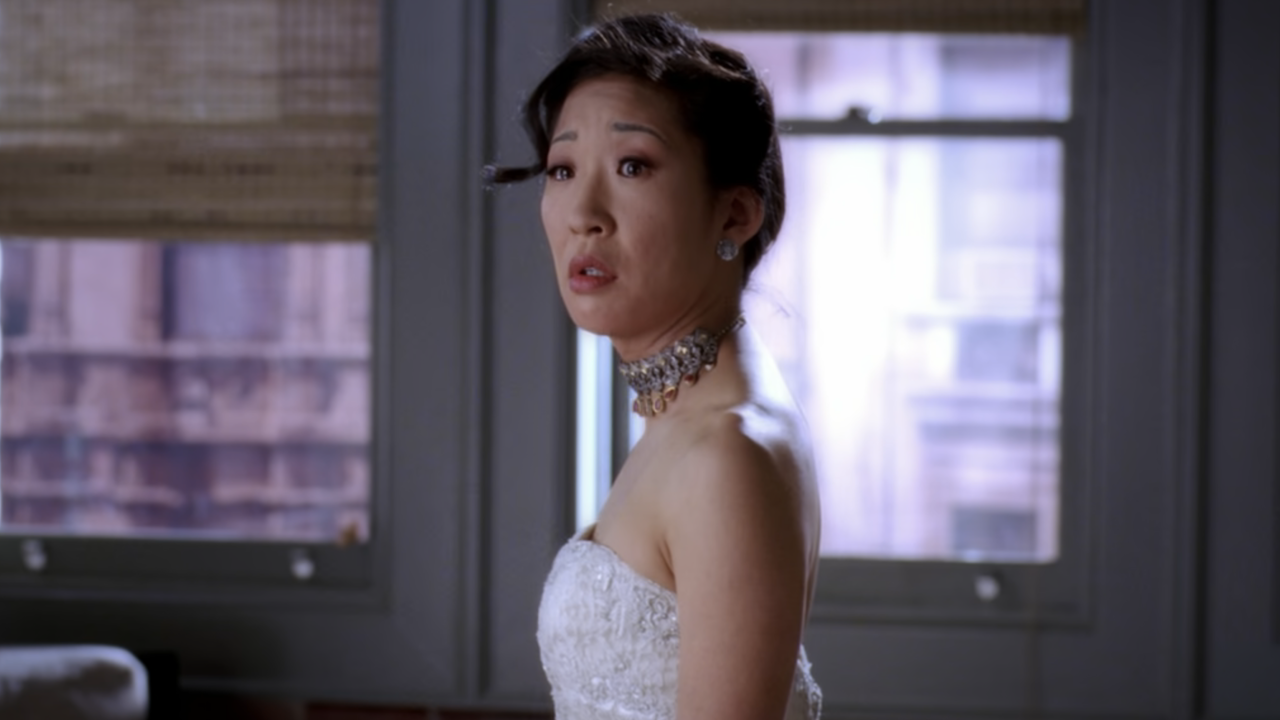
Grey's Anatomy (ABC)
This choice for sure is picking up some eyerolls, but people forget how freakin’ good Grey’s Anatomy was during its first handful of seasons. It earned multiple Outstanding Drama nominations, and many of its actors, most prominently Sandra Oh and Chandra Wilson, were nominated for their performances. Its third season premiere was also watched live by more than twenty-five million people, which was a huge number at the time, especially for a critical darling.
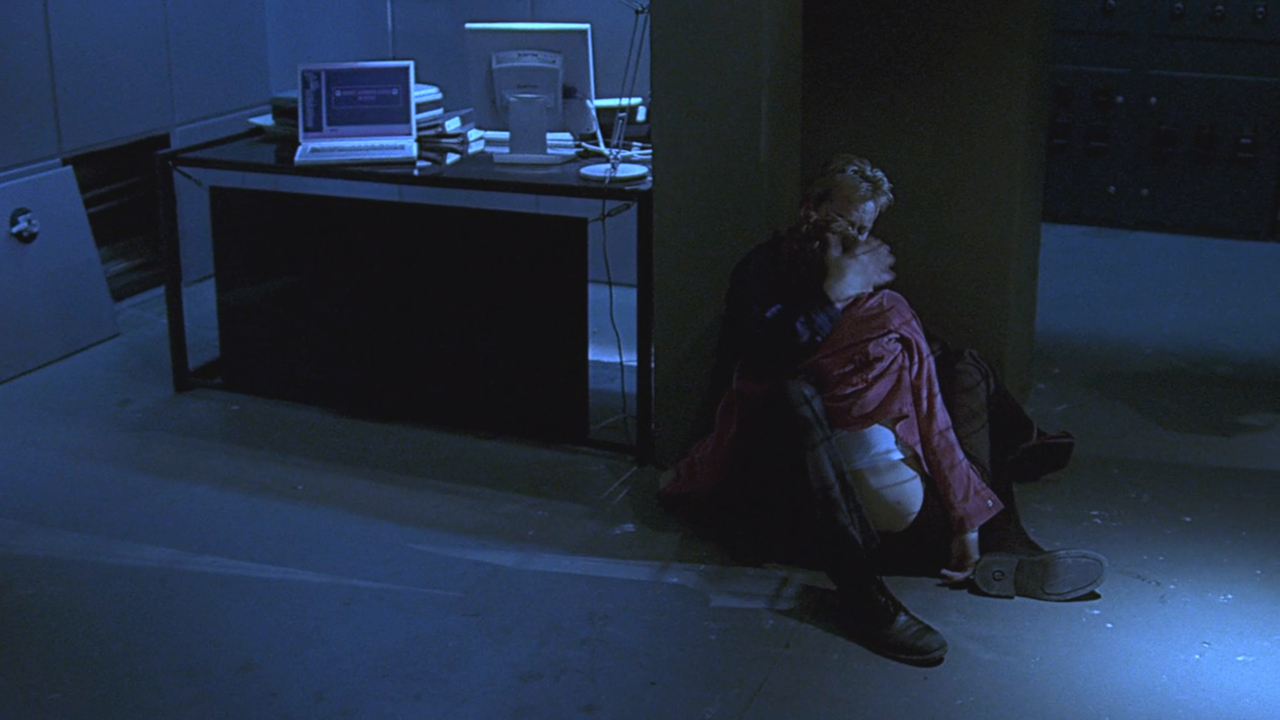
24 (FOX)
24’s unconventional format of having episodes correspond to specific hours was a masterstroke, given the high pressure intensity of its subject matter. It was also able to really push the line with network television but more in the way of aggression and physical violence. It felt dangerous at the time, and decades later, that ever-present ferocity still comes through. It was consistently rewarded by critics and awards voters too in a way you almost never see for something this action-packed.
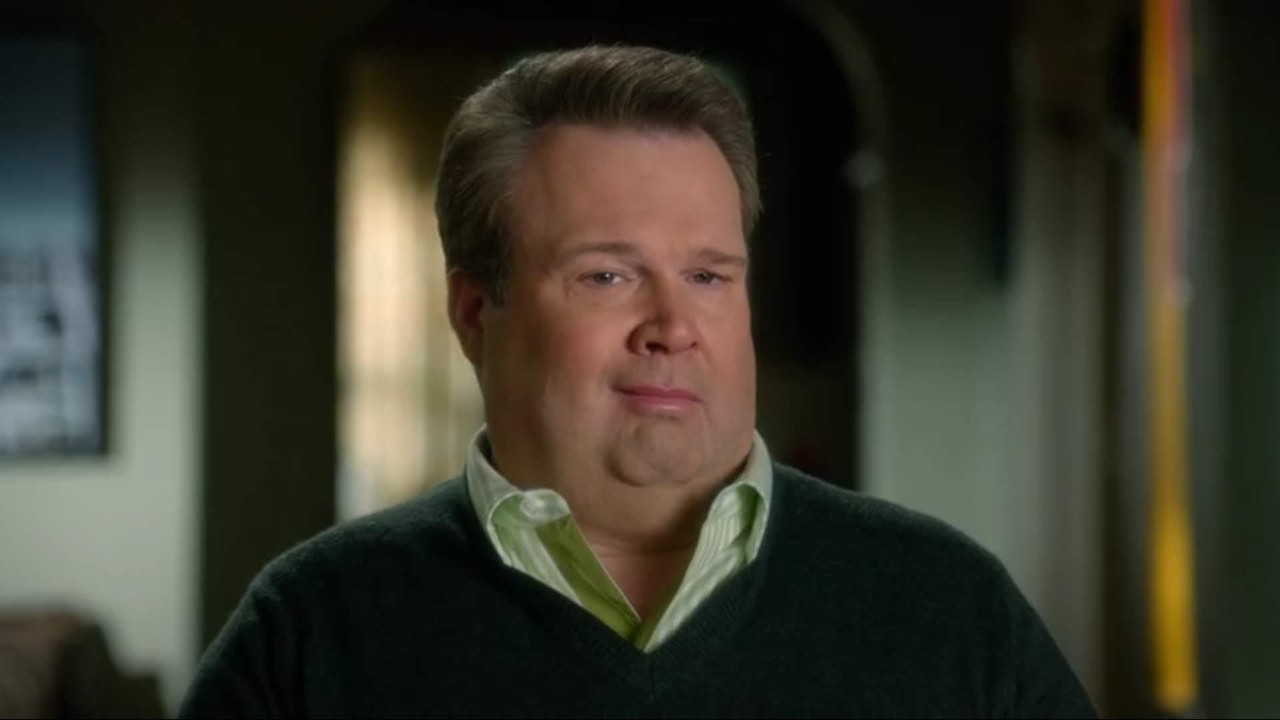
Modern Family (ABC)
Modern Family works so well because it’s really good at many different types of comedy. It has an overarching tone, sure, but because it brings together multiple generations, as well as many varied characters, it mines a lot of different subject matter for humor. That allows the show to feel fresh and keep from getting repetitive for longer than most comedies. Its wild range is probably best exemplified by the show somehow getting a combined six nominations in the Supporting Actor and Supporting Actress Emmy categories in the same year.
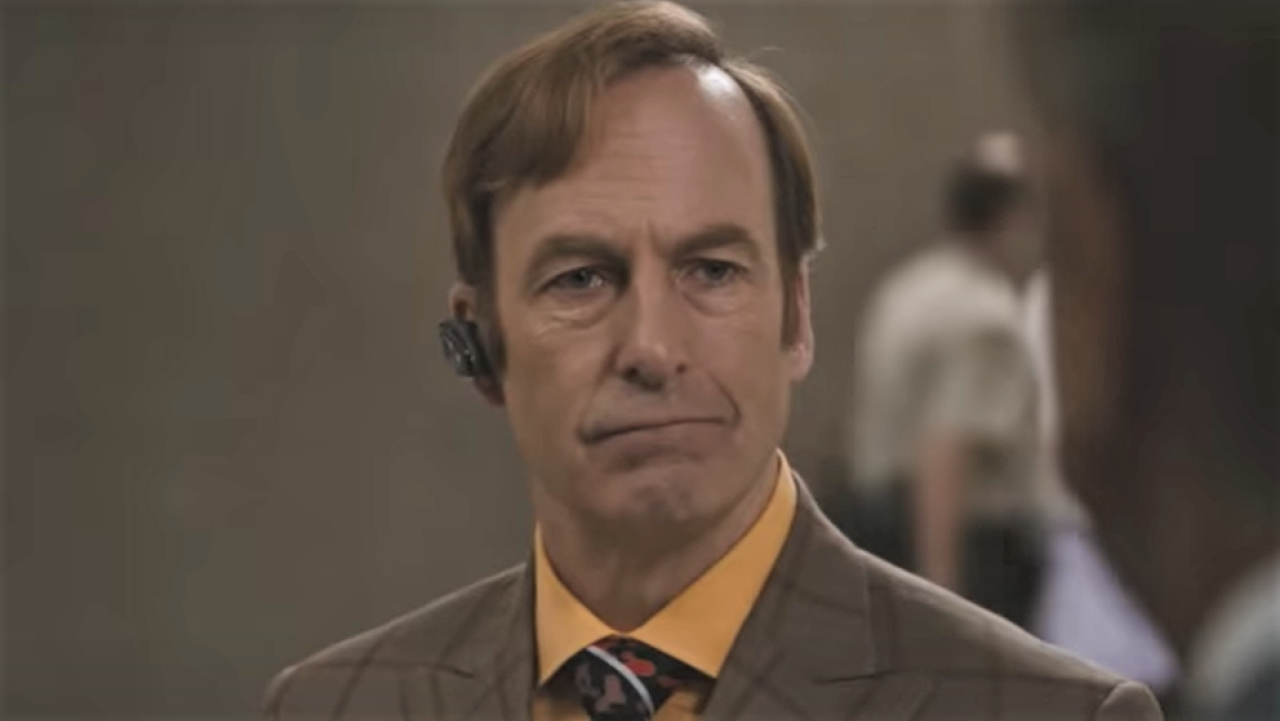
Better Call Saul (AMC)
There aren’t many spinoff shows in the history of television that pick right up where the original left off in terms of quality. Better Call Saul is a rare exception, which is positively insane given the original quality it needed to aspire to was maybe the greatest show ever in Breaking Bad. Fortunately, Bob Odenkirk is an absolute delight to watch, and Better Call Saul was able to give many of Breaking Bad’s greatest side characters more chances to shine.
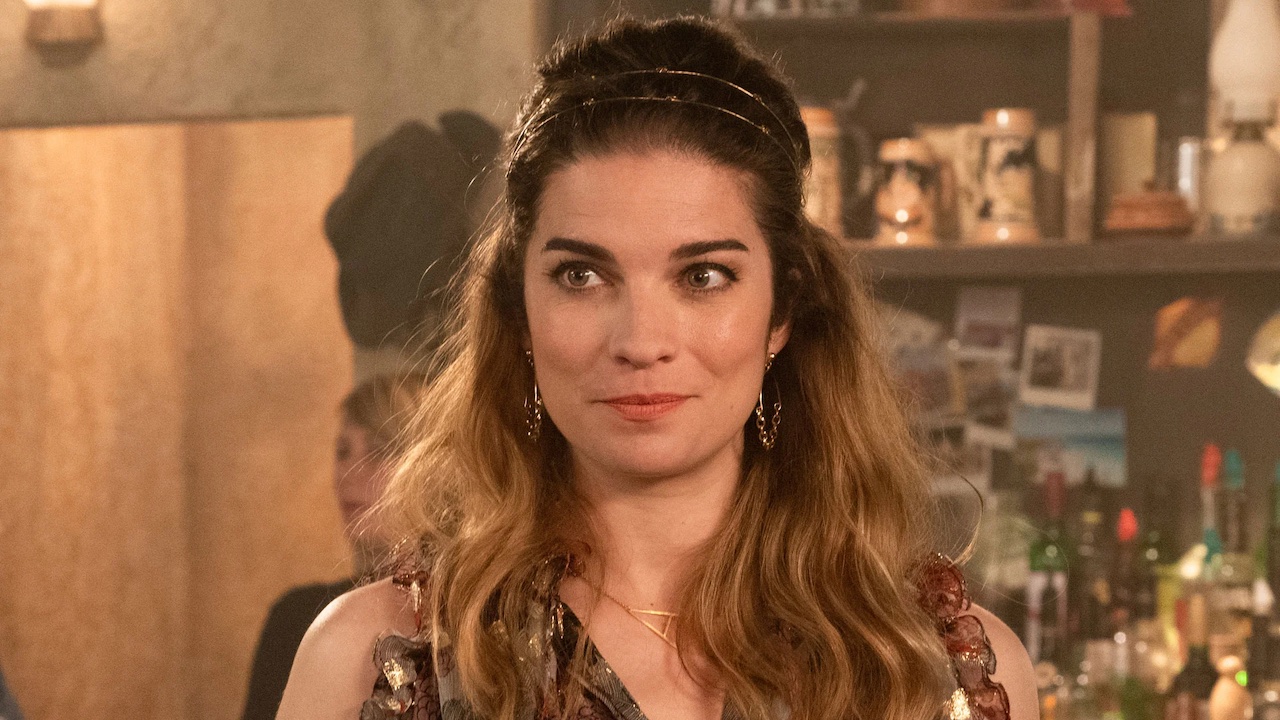
Schitt's Creek (CBC)
If you want to know how beloved Schitt’s Creek was when it went off the air, especially among awards voters, look no further than the acting nominations it got during its last run at The Emmys. It somehow netted nine nominations just in the on-screen performance categories. It was a great final moment for a show that was often able to feel like both the best parts of a sitcom and the best parts of a linear dramedy at the same time.
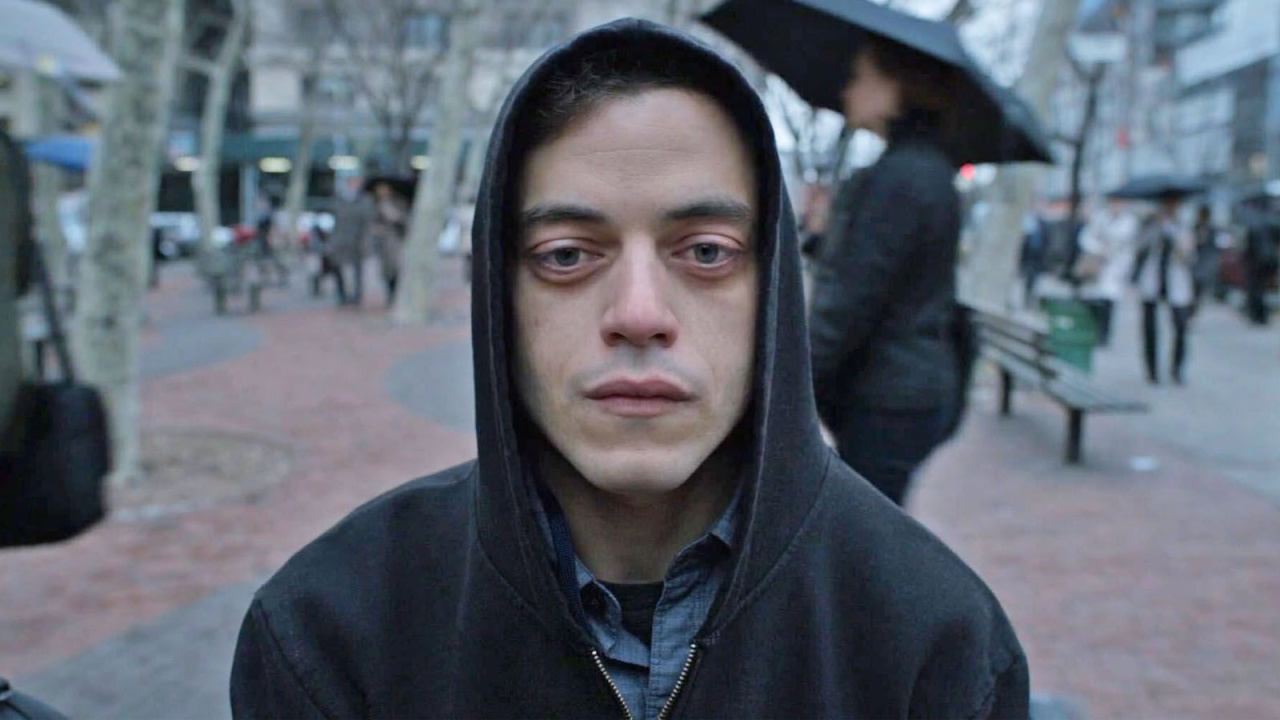
Mr. Robot (USA)
Over the course of four critically acclaimed seasons, Mr. Robot built up a passionate fanbase who loved the dynamic between Rami Malek and Christian Slater, as well as the score and pace of the series. Starting mostly with its second season, it was also honored quite a bit by various award shows, including The Emmys, which gave Malek the Best Lead Actor award, along with nominating the show itself, guest actor BD Wong and more.

Rescue Me (FX)
A show on FX about firefighters starring stand-up comedian Dennis Leary probably wouldn’t strike most people as a future Emmy winner and critical darling, but Rescue Me was never afraid of tackling more complicated material. That willingness to explore tougher subject matter attracted audiences, as well as high profile guest stars including Michael J Fox who picked up an Emmy for his contributions.
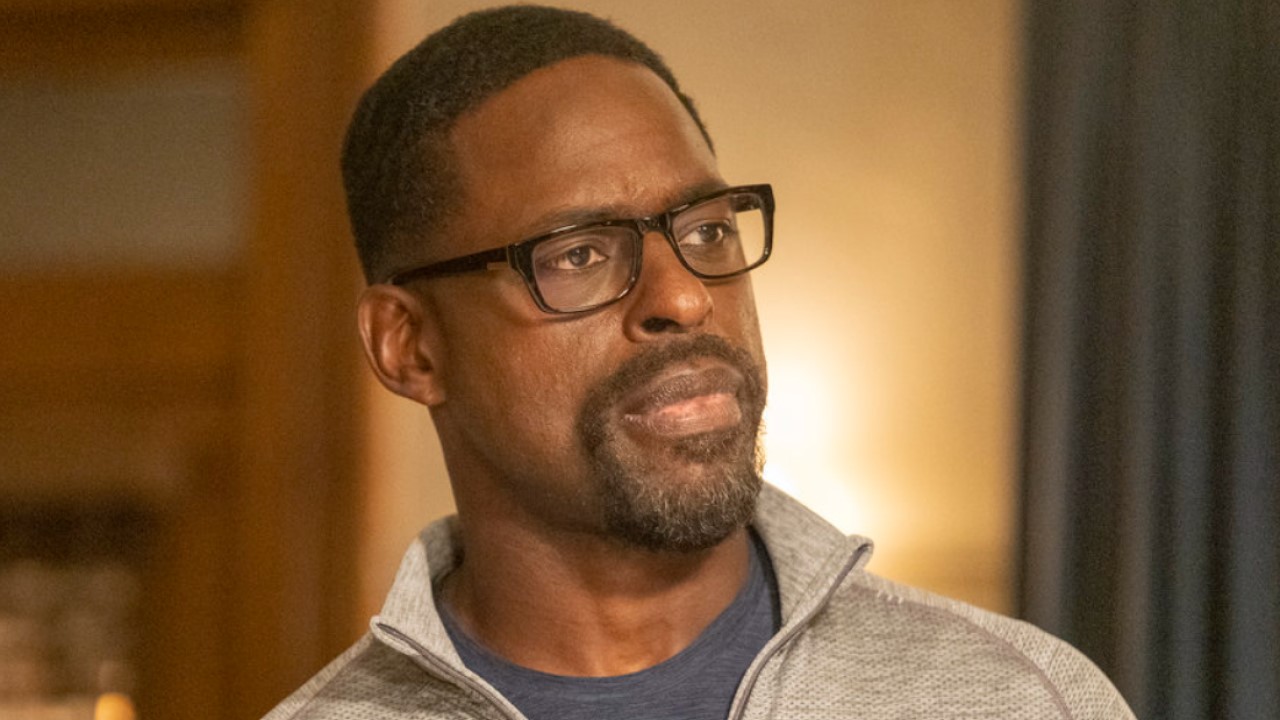
This Is Us (NBC)
This is Us was so popular during its first few seasons that NBC gave it the post Super Bowl slot. The show took full advantage and aired a Super Bowl-themed episode that many consider to be one of the best of This Is Us’ entire run. It’s a perfect example of how the show, at its best, weaves together the type of complicated subject matter Emmy voters go for, while remaining broad enough to satisfy a massive audience. The actors in particularly were consistently hit with nominations, especially Sterling K Brown who was recognized by The Emmys five times.
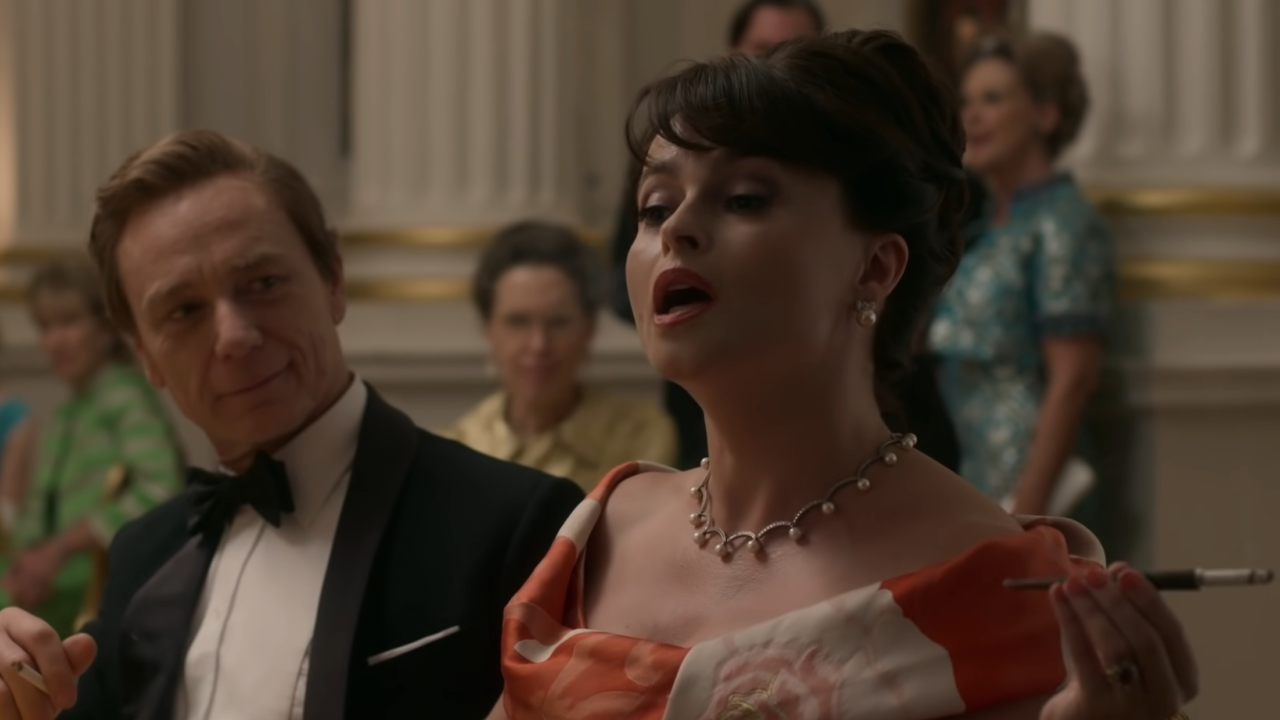
The Crown (Netflix)
Typically when a show connects with a large audience, critics and awards voters, those behind the scenes do everything they can to keep the magic going with the original cast. Not The Crown. Rather than focus on a narrow window, the show hurtled forward, picking up new leads and new characters every few seasons, while somehow still maintaining enough quality to connect with Emmy voters and please its legion of fans.

The L Word (Showtime)
The L Word was never as enticing to awards voters as it should have been, though Ossie Davis did notably win an Emmy for Guest Actor, but its popularity and effect on prestige TV’s willingness to tackle LGBT+ subject matter cannot be overstated. Over the course of six seasons, the show tackled a wide variety of subjects and built a rich, complicated world of interconnected characters for its fanbase to root for and sometimes get mad at.
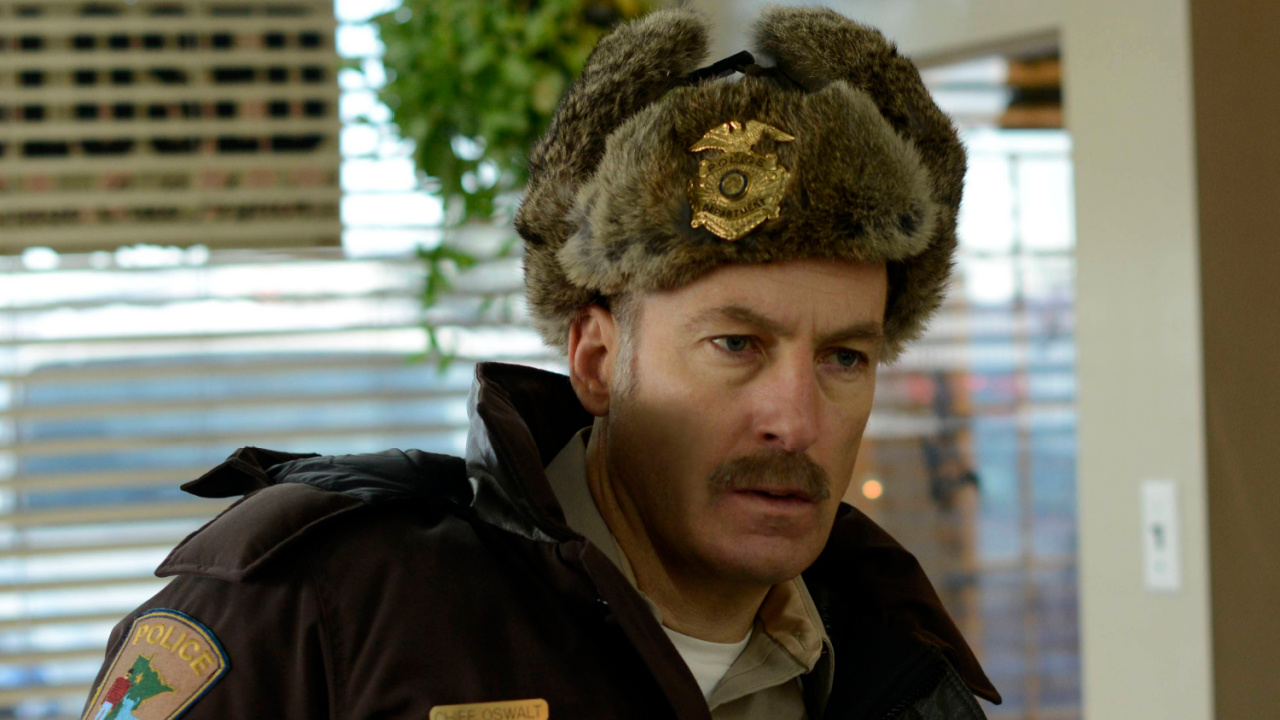
Fargo (FX)
Taking spiritual inspiration from The Coen Brothers’ movie of the same name, no one was quite sure what to expect when Fargo premiered back in 2014, but the result was a fantastic crime narrative that was entirely different, yet oddly similar to the pace of the original film. Critics were overwhelmingly hot and loads of major nominations followed, especially for the actors. Subsequent seasons went in very different directions, but the basic spirit and popularity with awards voters remained.
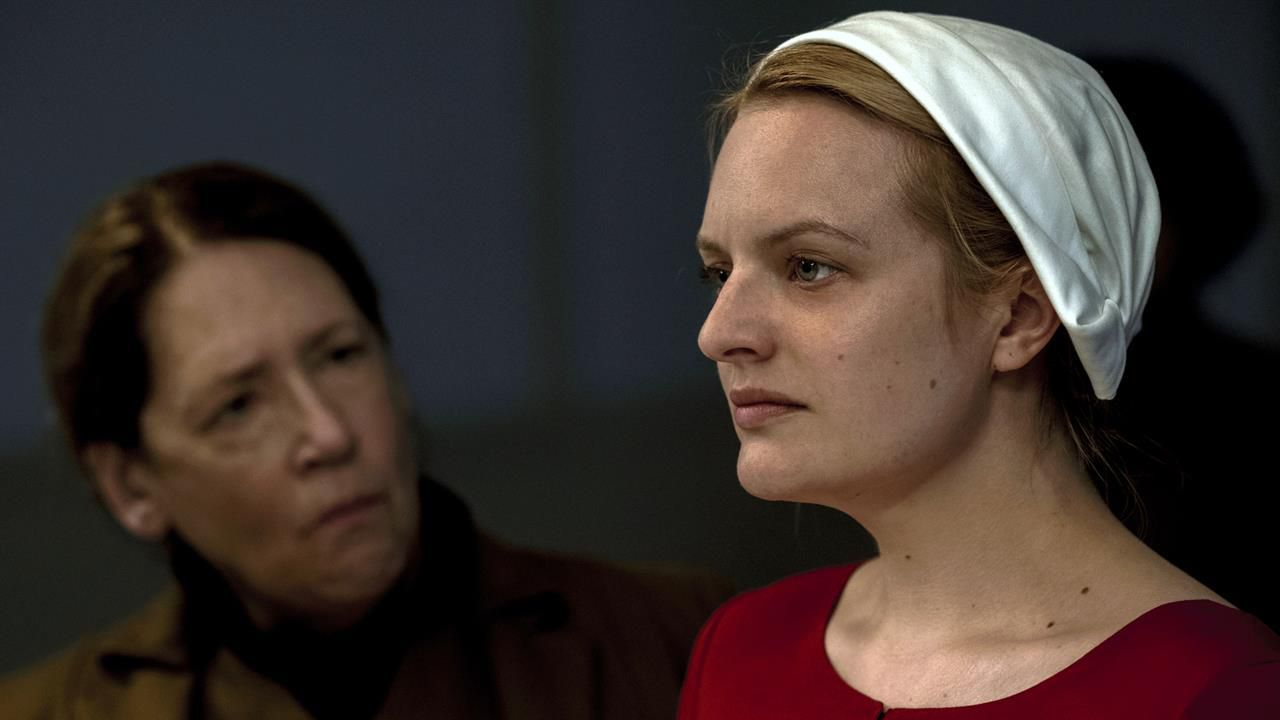
The Handmaid's Tale (Hulu)
House Of Cards may have been the first streaming show to get significant critical acclaim and awards nominations, but The Handmaid’s Tale is actually the first one to win Best Drama at The Emmys. The unnerving and often disturbing adaptation of Margaret Atwood’s novel is a tough watch but can be so rewarding, as millions of viewers found out. Its first few seasons in particular were showered with praise and numerous nominations for both the show itself and its brilliant cast.

Arrested Development (FOX/ Netflix)
Has a comedy ever used a narrator better than Arrested Development? The well-written and often deeply weird comedy never attracted the biggest audience, but it was a huge hit with its fanbase and critics, who adored the complicated relationships between its characters and their ridiculous recurring jokes and plots. By the end of its short run, it won Best Comedy and Best Writing at The Emmys and saw four of its cast members nominated in acting categories.

Ozark (Netflix)
It took a little time for enough awards voters to give Ozark a chance, as the first season mainly only saw wide praise for Jason Bateman’s work, but once voters gave it a chance, the nominations started flying in. The show’s last three seasons were all nominated for Best Drama at The Emmys and Julia Garner won multiple times in the supporting category for her incredible work. New fans also keep discovering the show and taking to social media, where the hype train continues, despite not being on the air anymore.
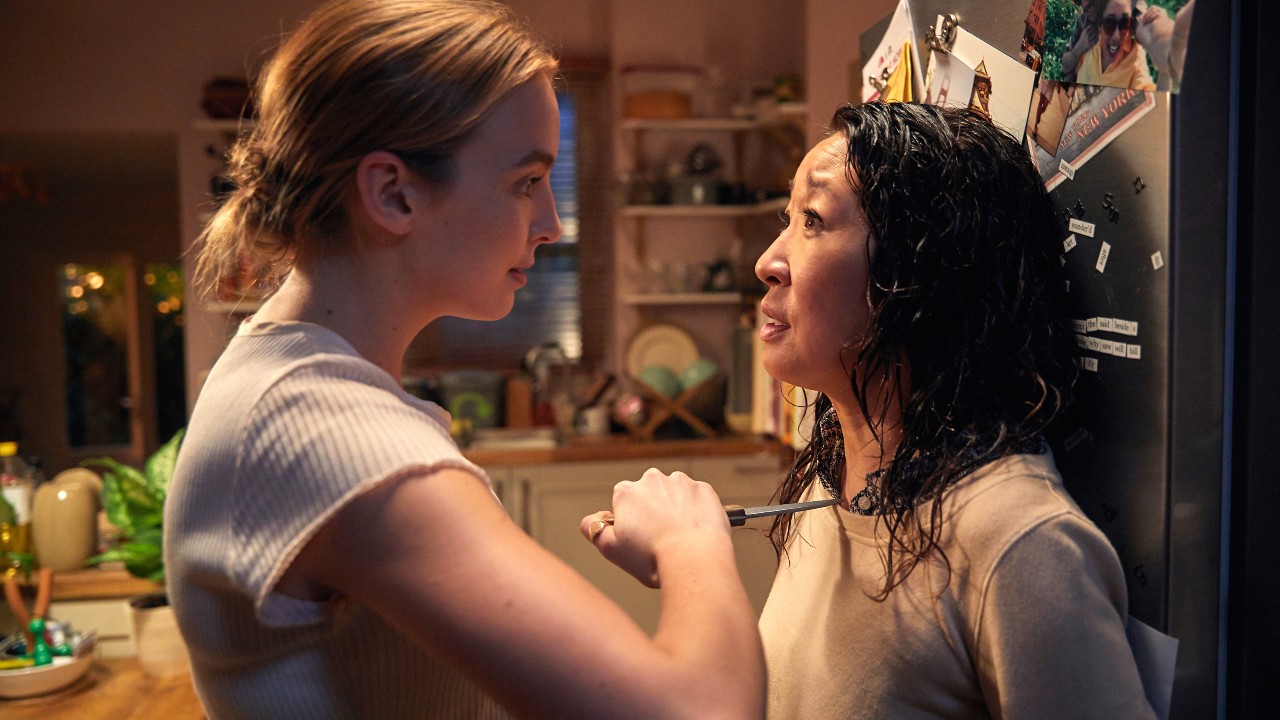
Killing Eve (BBC Three/ BBC America)
There’s no shortage of fans and critics with opinions about Killing Eve's divisive final season, but the first two, in particular, remain beloved by pretty much everyone. Not surprisingly, perennial awards contender Sandra Oh got four Emmy noms for her work on the show, but voters also flipped for Jodie Comer, who got nominated three times and took home a win. Not bad for a spy thriller that wasn’t initially seen by some as a prestige project.
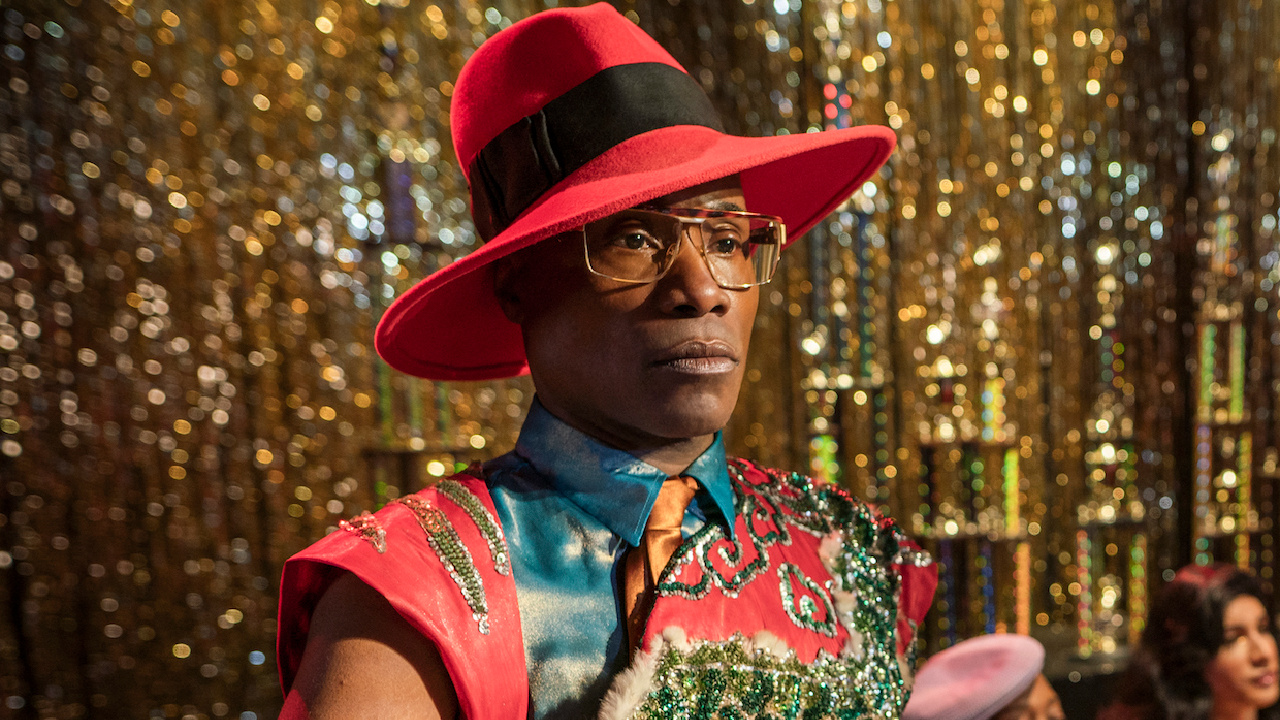
Pose (FX)
The loudest support for Pose came from those who couldn’t get enough of Billy Porter’s fantastic lead performance. He was repeatedly nominated and picked up an Emmy win during the show’s run, but there was also a lot of acclaim for individual seasons themselves too, as Ryan Murphy’s exploration of New York City’s LGBT+ subculture gave an opportunity for so many talented supporting actors to have their moment.







